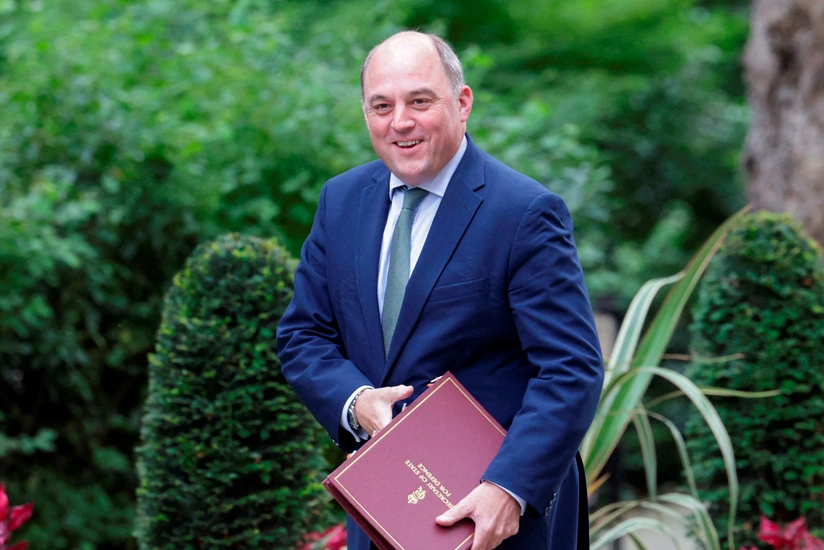Ben Wallace warns British forces may have to fight in Ukraine
- 20 March, 2024
- 05:17

Former British Defence Secretary Ben Wallace has called for a cross-party commitment to 3 per cent of GDP as a minimum spending level on defence as he warned British forces may have to fight in Ukraine, Report informs via The Daily Mail.
The former defence secretary said the country could not wait for the economy to improve before crucial funding was poured into itsarmed forces.
Prime Minister Rishi Sunak is under increasing pressure to ratchet-up investment into the military after the media highlighted shocking black holes in the UK defence budget.
Wallace said: 'I would like really to campaign across the House to make sure the main parties realise the dangers we face and that it should be in their manifestos.
'In the General Election campaign, or in the lead up to the manifestos, the parties should be asked why they're not spending 3 per cent, because the soldiers – all the men and women of this country who serve our national security – need to be protected.'
Wallace added: 'We need to set our defence spending, not in the terms of when economic conditions allow, which is the Prime Minister's and the government's policy, but when the threat demands it.
'Ultimately that is what defines how much we spend, not the economic conditions. It is what the threat is and what we need to do to defend ourselves.'
Wallace also suggested it 'could not be ruled out' that British troops might have to be sent to Ukraine to confront the forces of Vladimir Putin.
Speaking to Times Radio, he added: 'We should use that phrase, 'we cannot rule them out'.
'I mean, ultimately, part of deterrence is ambiguity... keeping the adversary guessing about how far we would go and what we would do.
'That's what Putin does masterfully – he keeps everyone guessing. It is important we never shut off avenues, and we keep people guessing.
'And I think the best thing is to make sure he realises we think what he is doing in Ukraine is very, very serious. I think president Putin – and we just saw that from the sham election – is the closest to Adolf Hitler we've had in this generation.'
